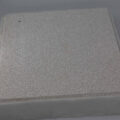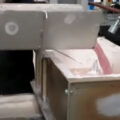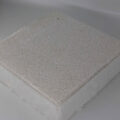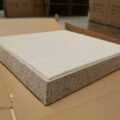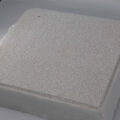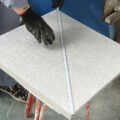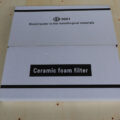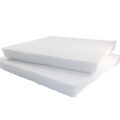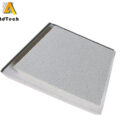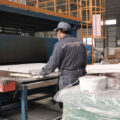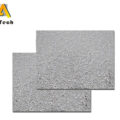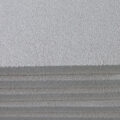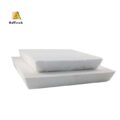The ceramic foam filter has the characteristics of large filtering area, good thermal shock stability, high chemical stability, good metal corrosion resistance and high filtering efficiency. Therefore, ceramic foam filters are used as high-efficiency filters for molten metal filtration and purification technology. This device has attracted people’s attention.
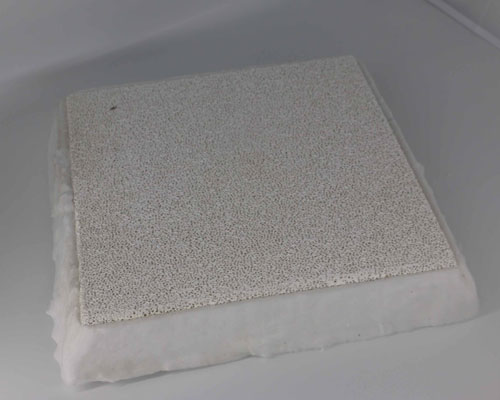
In fact, there are many types of ceramic filters for molten metal filtration. From a macro perspective, the ceramic filter is mainly divided into open-cell (net-like) ceramic materials and closed-cell ceramic materials. The key criterion for determining whether ceramic foam is open or closed is whether it has a strong wall?
In other words, if each cell of the ceramic foam is connected, it is an open-cell ceramic foam, and if it is not connected, it is a closed-cell ceramic foam. From a microscopic point of view, foam ceramics can be divided into macroporous ceramic materials, microporous ceramic materials, and mesoporous ceramic materials.
The calcination of the porous ceramic foam filter material is usually performed at a temperature higher than the temperature at which the glass phase of the material can be formed and bonding can occur, so as to form the required strength and corrosion resistance of the final product. It is usually fired in a continuous furnace for 1 hour to 3 hours, and the maximum temperature is maintained for 15 minutes to 1 hour. Lower temperature and shorter duration can improve the economics of production. However, sufficient time and temperature must be provided for the material to obtain the required strength and corrosion resistance.
The pore size of the filter medium mainly depends on the initial pore size of the polymer foam used in the method. In order to effectively filter aluminum alloys, the main pore size is usually 10 to 60 holes per linear inch. However, in some applications, in terms of ceramic filter molten metal filtration efficiency and required filter media permeability, each application requires a unique pore size according to the requirements of the casting shop or billet machine.

